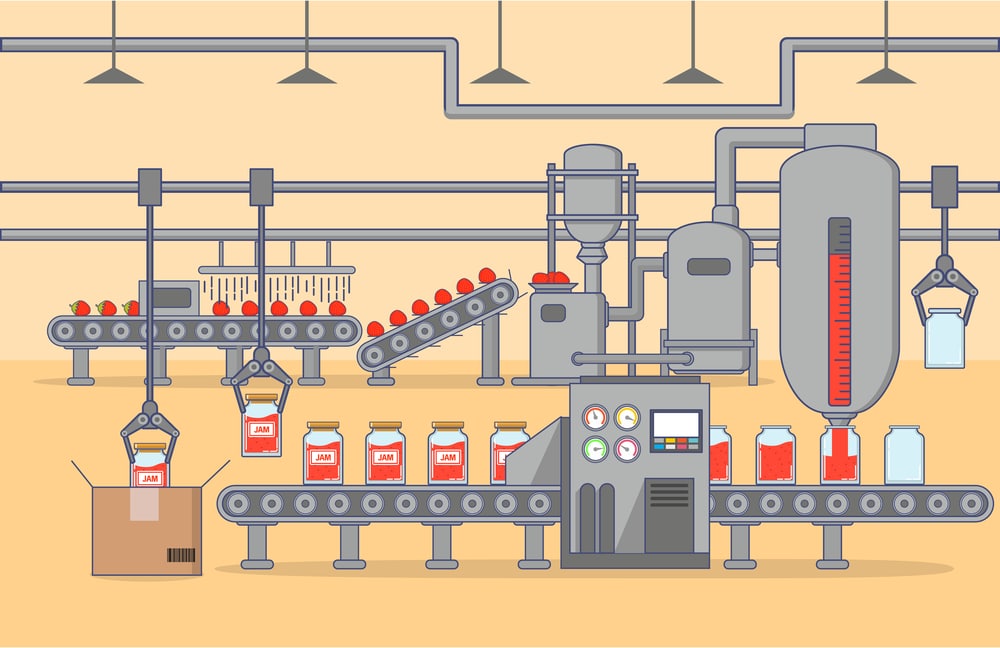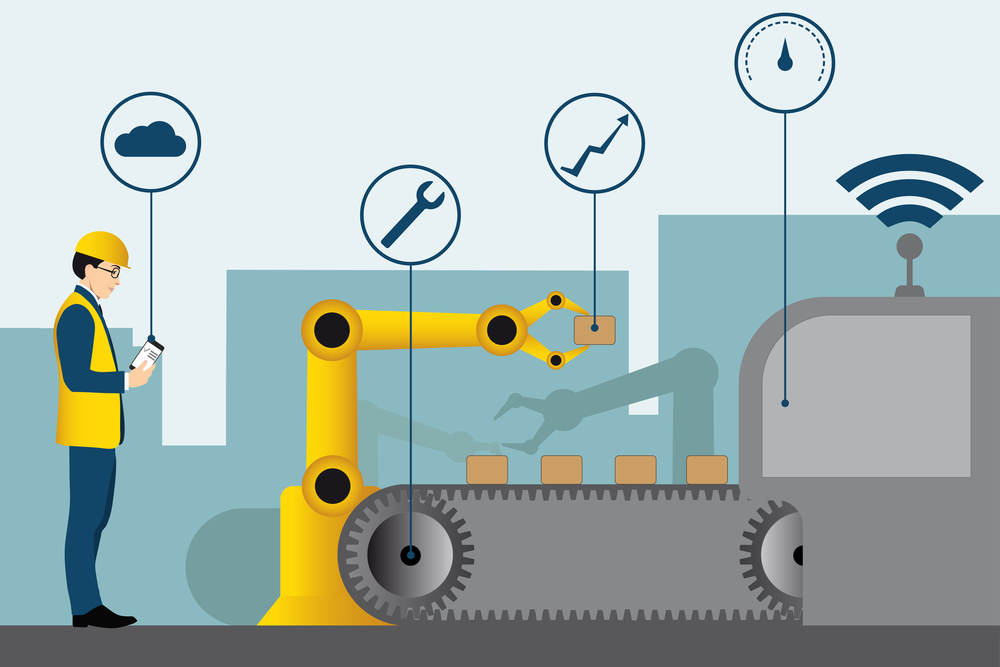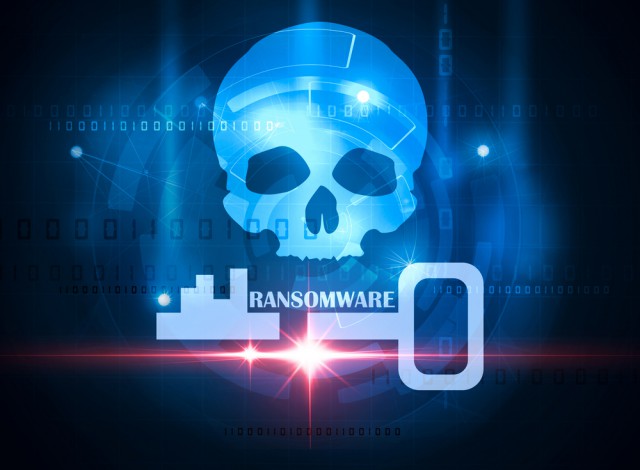
Manufacturing businesses face escalating cyber threats
Two thirds of IT executives in the manufacturing sector believe that their enterprise will be targeted by a cyberattack within the next 12 months.
The study of 300 executives, carried out by CXO Priorities for Quest Software, shows that the most significant threats are seen as ransomware (22 percent), industrial espionage (21 percent), and state-sponsored threats (21 percent).

Ransomware attacks can cost enterprises up to 30 percent of operating income
The financial impact of a ransomware attack can cost businesses up to 30 percent of their operating income, with smaller enterprises hit proportionally harder.
A new report from ThreatConnect looks at the financial impact of ransomware attacks on small ($500M), medium ($1.5B) and large ($15B) organizations within healthcare, manufacturing, and utilities.

UK manufacturing in 2023: Sustainability, digitalization and the power of data
It has undoubtedly been a turbulent few years for the UK manufacturing industry. On top of the supply chain headaches caused by Brexit and the pandemic, spiraling energy prices have presented new financial challenges in recent months. All of this comes as larger, darker clouds loom overhead, with recent S&P Global/CIPS UK Manufacturing PMI data showing that the UK manufacturing industry is on the brink of a recession.
To succeed, or even just keep afloat, in this environment, it is now more important than ever for manufacturers to innovate and drive greater operational efficiency. So, what are some of the actions manufacturers need to take to be successful in 2023?

Manufacturers should now turn the pandemic response into a post-pandemic strategy
Covid-19 has, of course, had an immense impact on health, society, industry, and economies. Just three months before the first wave started to rapidly sweep the globe in 2020, it had practically never been heard of. Yet as soon as it emerged, entire industries were shut down while others were severely disrupted. Workers on mass were directed by governments not to travel or to work from home wherever possible, and those that had underlying health conditions were forced to self-isolate. It felt like the world as we knew it was turned upside down overnight. Businesses had no experience of such calamity, nor had they any contingency plans that came anywhere close to being adequate. The rule books were simply torn up overnight.
Most businesses had to adapt on the fly, and rapidly. Every day felt like another firefighting day, and as soon as the fires were out, along came the next wave or variant. As a result, manufacturers had to rapidly change their operations in response to supply and demand chain volatility or workforce availability. Changes to technology platforms to support remote workers had to be implemented in weeks, if not days. There was no time for proper planning, feasibility studies, risk assessments, or preparing a detailed business case with return on investment projections. Change simply had to just happen quickly.

Manufacturing data at risk from over exposure
Data security company Varonis has released research based on an analysis of four billion files across 50 organisations in the manufacturing industry and finds that there’s a huge problem of overexposure of data in the sector.
Every employee can access, on average, six million files on their first day on the job and four out of every 10 organizations have 1,000+ sensitive files open to every employee.

Tackling the cyber threat to manufacturing businesses
The manufacturing industry has become a major target for ransomware attacks. The reason is simple: if criminals can cripple the operational technology that controls the manufacturing plant, a company will rapidly come to its knees. With no product to sell, any company will fear for its existence -- and with that fear, the criminals believe any manufacturing company will be more likely to pay a sizable ransom to stay in business. Sophisticated cyber criminals understand this. They choose and research their targets and set their ransom to the maximum amount they believe the company can afford to pay.
For many years, the manufacturing industry didn’t worry about cyber threats. Its operational technology (OT) was air-gapped from outside interference, and was therefore safe from external compromise. This is no longer true. The advent of the fourth industrial revolution -- otherwise known as business digitisation -- has eroded that airgap. IT and OT are now totally interdependent. Bringing down a manufacturing company’s IT will almost certainly have a knock-on effect against its OT.
